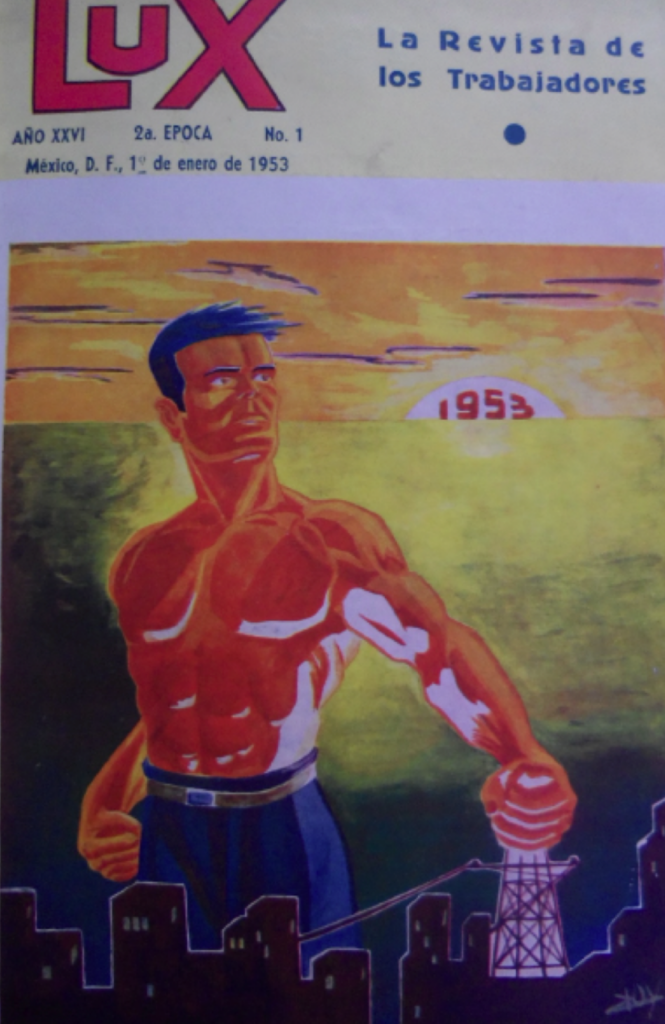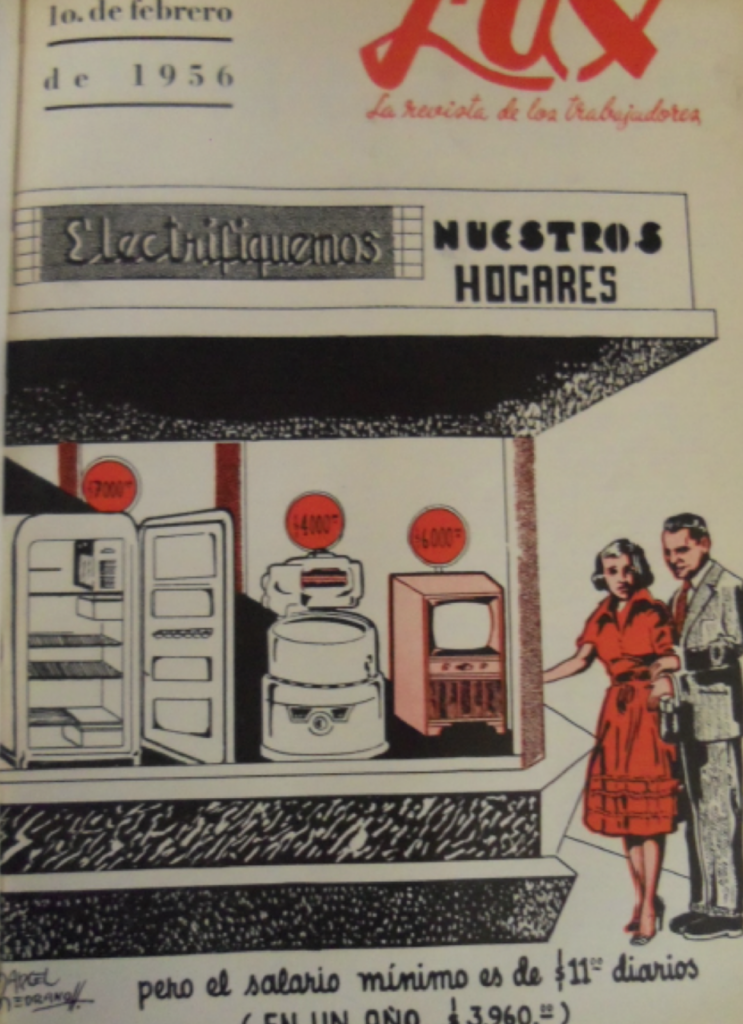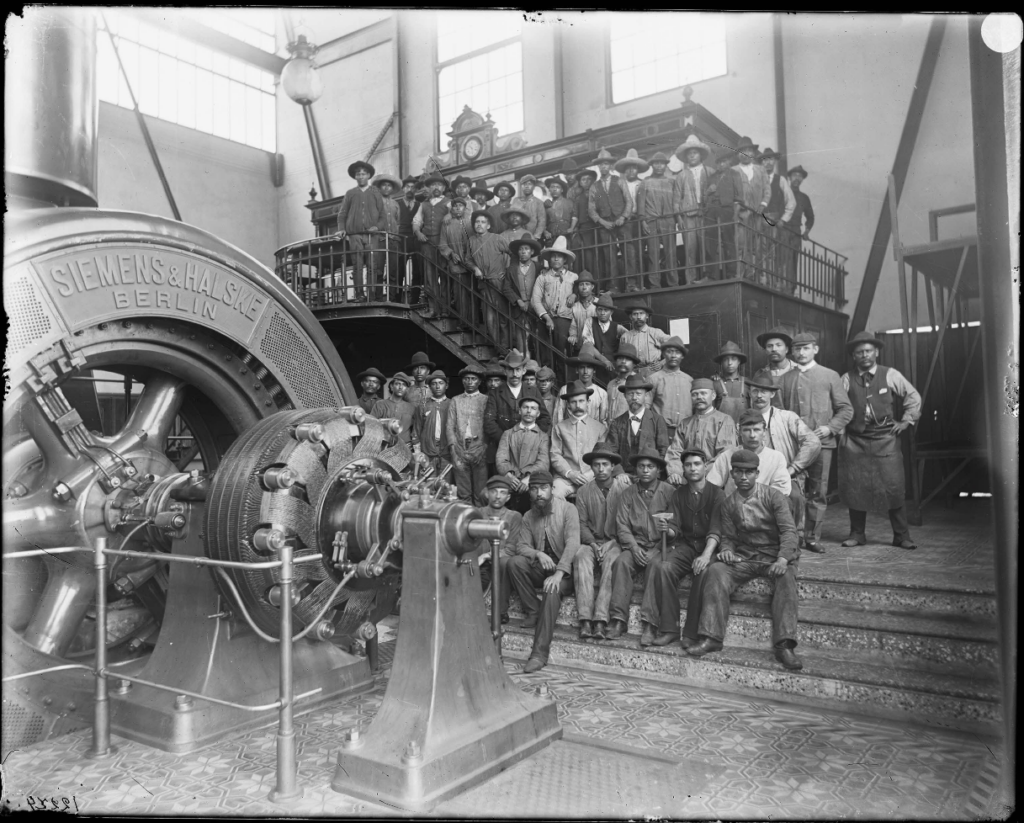In her award-winning book, Electrifying Mexico: Technology and the Transformation of a Modern City (University of Texas Press), Diana Montaño explores the history of electricity in Mexico City. But rather than presenting technology as fixed entities that change society and culture in irresistible ways, as historians have often done, she takes a novel approach.
Montaño, assistant professor of history at Washington University, focuses her work on the perspectives of users of electricity on the ground—people and their ambitions in how they employ technologies. She writes about the human experience of electricity through lighting, public celebrations, streetcar accidents, power theft, electrical appliances, and the nationalization of the electrical industry.

The scholar’s archive includes surprising source material, such as cookbooks and court cases of streetcar accidents. The authors of these cookbooks shaped the sale of electricity through their writing, Montaño says, leading electrical appliances to become markers of social status for middle-class wives.
A key theme in Electrifying Mexico is the way that everyday use created markets for techniques and knowledge that challenge the narratives of technological innovation emerging solely from places like the United States. As access to electricity increased, so did power theft. People began to market their skills outside of legal channels. Electrical workers would install illegal power theft devices on the side. Policing this theft was difficult because of how easy it was to take down and reestablish electrical connections.
The book received the Urban History Association prize for the best book in non-North American urban history and the Southeastern Council of Latin American Studies’ Alfred B. Thomas Award for the best book on a Latin American subject. Both prizes were given in 2022.


That same year, the Conference on Latin American History honored Montaño with the Bolton-Johnson Prize for the best English-language book on any aspect of Latin American history. The award committee called the work a “major contribution” to the historiography on Mexico, Latin America, and technology in the Global South, and predicted that it will be broadly read and taught.
